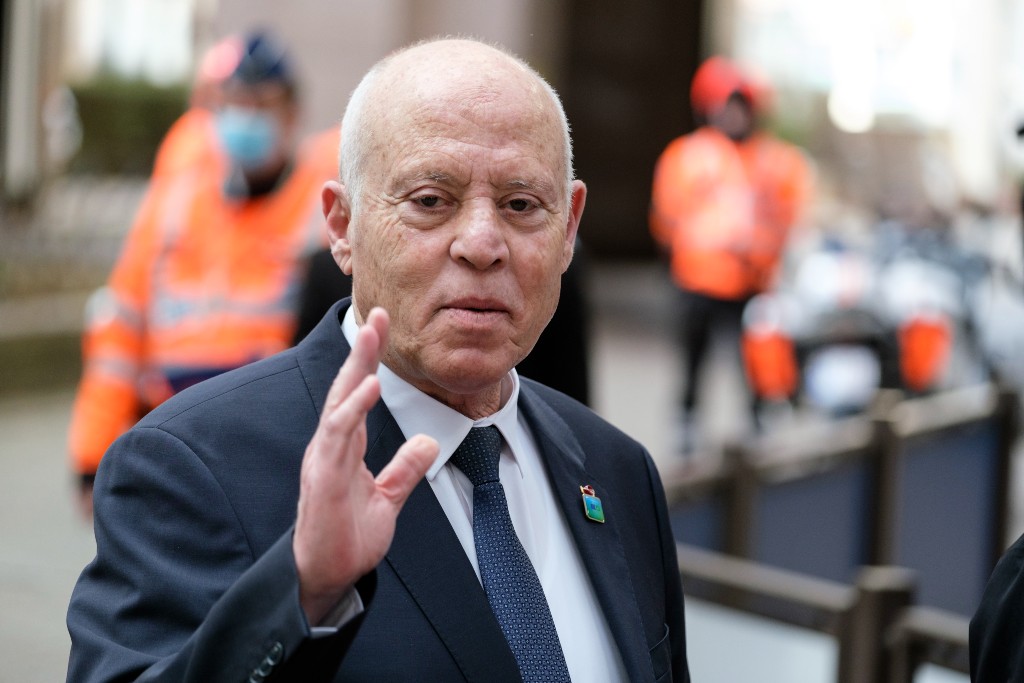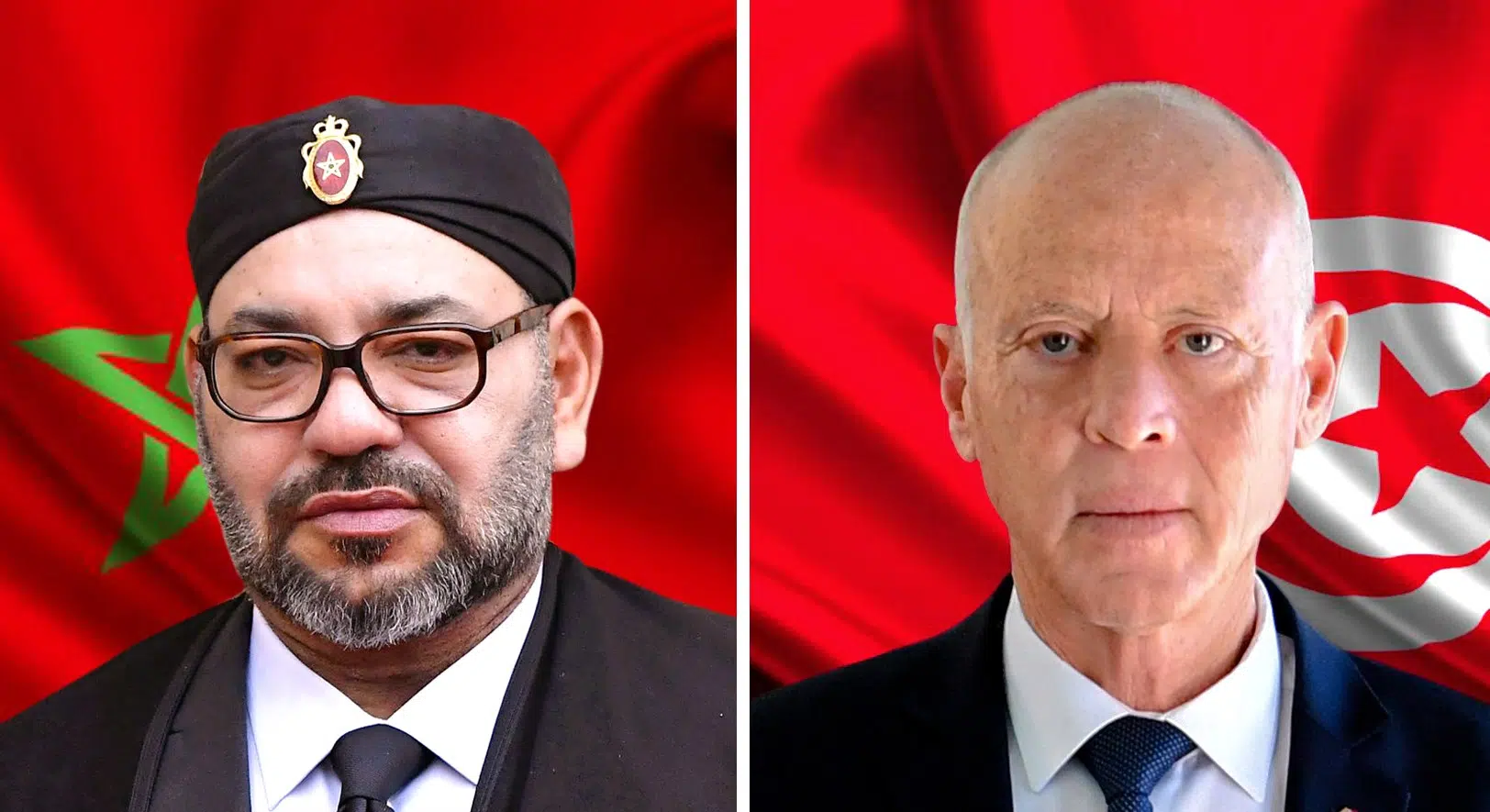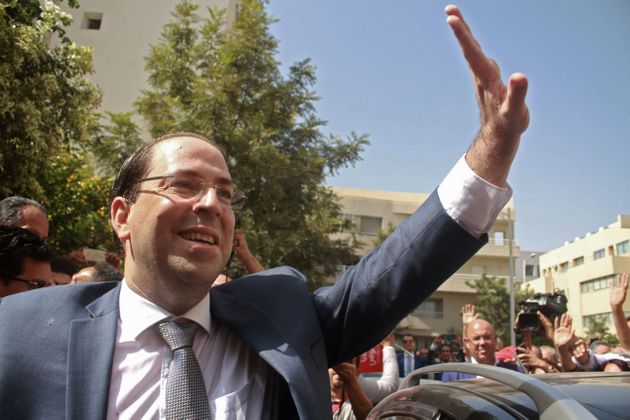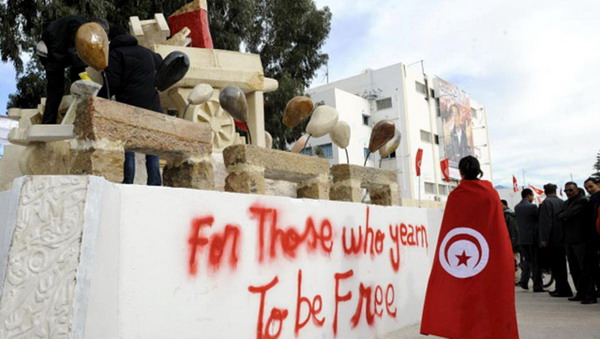Tunisia’s president Kais Saied extended his power grab to the central bank, undermining the independence of the monetary policy in a country that suffers from an aggravating fiscal and economic crisis.
Saied made the statement as he seeks direct financing of the state budget by the central bank, a move many economists warn would further worsen inflation.
Shunning painful reforms to curb spending, President Saied rejected an IMF deal calling for subsidies’ cuts and a reform of public finances.
The $1.9 billion lifeline loan promised by the IMF and conditioned on reforms is now obsolete and needs to be updated considering the deterioration of Tunisia’s public finances.
The crackdown on the independence of the Tunisian central bank is seen by critics as a continuation of the president’s crackdown on the state institutions.
The president has in 2021 replaced the parliamentary system with a presidential one that arrogates almost all government authority to himself.
He also brought the judiciary under his control and sent opponents to jail, including journalists.
Under Saied, Tunisia’s democratic achievements have been overturned along with its faltering economy making of it one of the countries most at risk of default.
The lack of access to foreign funding led to more borrowing from domestic banks, resulting in disruption of imports and queues due to shortage of essential goods.
With one of the world’s highest wage bills in terms of percentage to GDP, Tunisia under autocratic president Saied is unwilling to implement painful reforms that include cutting subsidies.
As its public debt soars to $37 billion or 80% of the country’s GDP with a budget deficit of 10%, Tunisia is on the brink of default. Morgan Stanley ranked the north African country among the top three likely defaulters.
Imported inflation worsened prospects for public finances with the trade deficit soaring to 15% of GDP, while inflation hit double digit figures in recent months.
Foreign exchange reserves now cover less than 90 days of import needs at a mere $7.8 billion.
Without reforming its spending policy, Tunisia heads straight to the abyss as it continues to favor short-term remedies.



